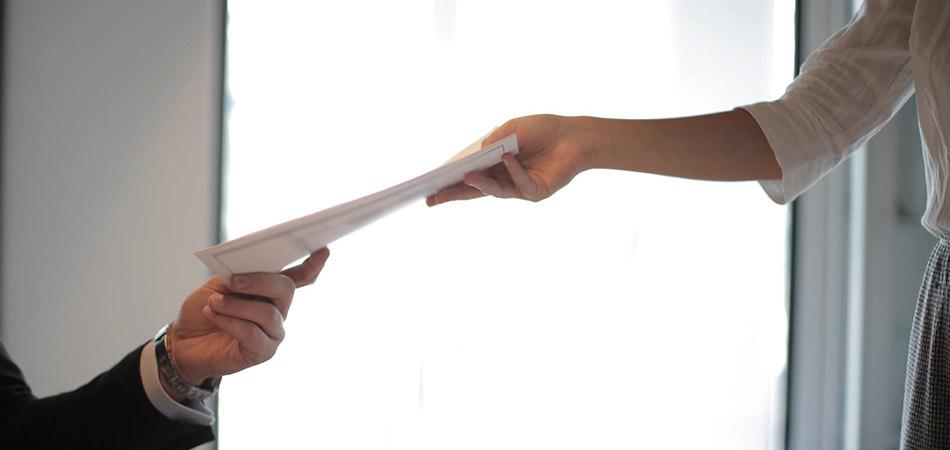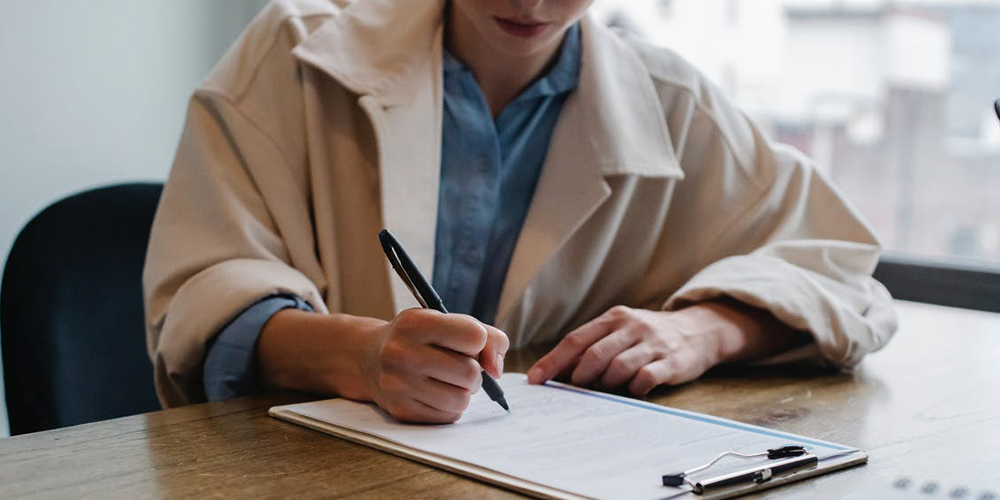Never forget the power of a sincere thank-you!
Let’s say you’re competing for a job you really want. And having aced the second round interview, you’re starting to believe you’ve got it made.
After all, haven’t you already put your best foot forward into all the spaces and places that require it?
You were on time for the interview, dressed and groomed to the max. Friendly and warm but never gushing, you remembered the interviewers’ names – and used them.
You shook hands professionally, looked everyone in the eye, spoke knowledgably and answered each question with truth and gravitas. At the appropriate time, you were even able to pitch some penetrating queries of your own.
Offering a great resume, prime examples of key skills at work, sock-it-to-‘em references and a fabulous folio of work, you’ve done all you can do to make that very desirable role yours.
Well, actually, no – you’re hardly over the finishing line yet.
What about your thank-you note?
As recruiters, we’re right on the front line when it comes to watching the sad demise of this graceful social nicety. Today of course, the handwritten note only surfaces occasionally. But even the thank you email is starting to wither through lack of use.
Not writing this quick little note is so short sighted. Of all the marketing tools at your disposal as you work your competitive way through the recruitment process, this would have to be one of the fastest, easiest, cheapest and most rewarding ploys to put into play.
Requiring minimal effort, thank you notes pack a lot of “personal punch” with employers. ‘They are,’ says one expert ‘not only a best practice, but speak highly of your character’.
Here’s what you do.
Within 24 hours of the interview you should write a personally addressed thank you letter to each individual who interviewed you (even if they were in a group or panel configuration).
Thank the interviewer(s) for their time, and refresh their memory on who you are, the role you applied for along with some stand-out facets of the actual event. Two or three very brief points will be enough such as “You will recall that we talked about….’
Don’t be tempted to waffle: what you’re after is a strong, concise thoroughly charming message that firmly places you back into top of mind with that interviewer.
Here are the basic rules of engagement
Highlight four main points.
- Thank the interviewer for their time
- Personalise the message by recalling a single point from the interview
- Precis your skills – two sentences is ample
- Repeat your contact details
Some candidates also like to include a LinkedIn connection in the belief that it’s a quick and easy way for a potential employer to update themselves should a suitable role come up in the future.
Get that into 100 words or less and you could well win the prize – especially if you handwrite your thanks on a tasteful card!
Looking for more job seeker tips and resources? Perhaps you need to refresh your resume? Check out the webinar recording below.

